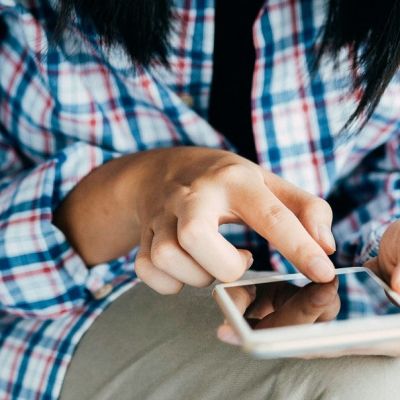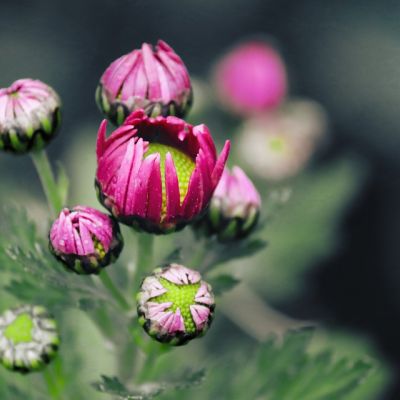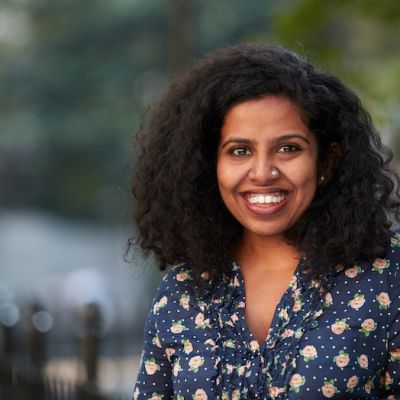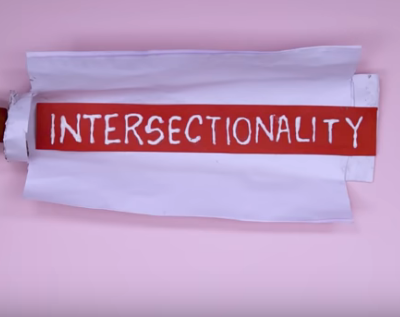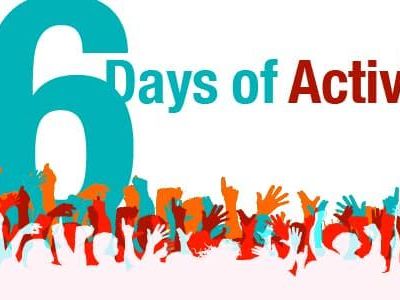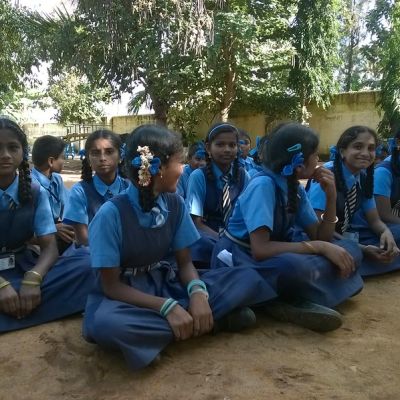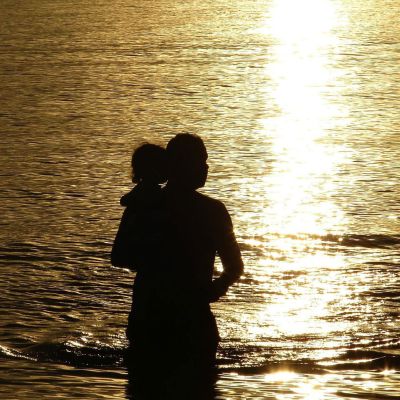Human Rights
The digital space is becoming an integral part of our daily lives, especially with smartphones and internet data plans becoming more affordable. The number of people going online everyday—including people from marginalised communities—is increasingly rapidly.
It may be useful to visualise sexual rights as a large tree with deep roots and a vast canopy of leaves. Or as a giant umbrella. Or a big tent. Whatever tickles your imagination and allows you to see it as a conceptual and practical tool to make claims for any aspect that relates to how we express sexuality.
Jasmine George is a TEDx speaker, lawyer, and a sexual and reproductive health advocate from India. She is the founder of Hidden Pockets and currently curates conversations around sexuality and other fields. She is passionate about using alternative means in law and technology to explore sexuality
If feminism is about fighting for equality, then how can we ensure that our feminism is truly inclusive and equal? Does it feature only a certain kind of voice or experience, and not take into account the multiple axes of oppression that another group of people may face?
कुछ अधिकार ऐसे होते हैं, जिन्हें जब तक छीन न लिया जाए, उनके होने का एहसास ही नहीं होता। तुम्हारे लिए किसी लड़की को पसंद करना, प्यार में पड़ना, उनके बारे में अपने दोस्तों से और परिवार वालों से बात करना बिलकुल स्वाभाविक है। तुम जैसा सोचते हो, जैसा महसूस करते हो वह आसानी से कह सकते हो।
Parents and significant adults in the lives of the Neelams of the world have been programmed to see age-appropriate sexual behaviour through the very narrow lens of “problems and disorders”. Their engagement of professionals like myself is mostly restricted to seeking to curb in the Neelams what is natural and joyous.
Every year we participate in an international campaign known as “The 16 Days Campaign” which runs from 25 November (International Day for the Elimination of Violence against Women) to 10 December (Human Rights Day). It is an organising strategy by individuals and organisations around the world to call for the prevention and elimination of violence against women and girls.
As development professionals, our tasks involve reflecting on the norms that service providers, colleagues and field staff engaging with communities hold on to so strongly. How can programmes create safe spaces to match up to service providers’ professional and personal beliefs so that they can challenge those norms in their own families and be non-judgmental?
Sexual rights include the right to express one’s sexuality freely, without discrimination on the grounds of sexual orientation, and to have access to provisions in the legal framework that are all-inclusive and offer protection whenever the need arises.
In some of the country’s most conflicted regions, activism on issues of sexuality (if it’s aligned to human rights) is both a risky affair and one of secondary importance in the midst of larger socio-political and historical issues. The topic of human rights tends to center on gun violence, AFSPA, statehood and insurgency.
Were there more people like my father? Was it legal? I read about sexual diversity and how people of all sexual orientations should have the same rights[1], the LGBT community, and so on, and what the law says about them. Though the picture is not a completely happy one, a lot of work is going on in this area and there is still hope for the future.
Though I come from a very conservative family, being open about female masturbation and watching porn didn’t seem to bother me. Yes, people have oohed and aahed at me for being so. I am still the same, proudly.
Though, in common rhetoric, it is often seen as the right to seek an abortion, it goes much beyond that to encompass a larger ambit of rights, and is applicable beyond simply a heteronormative framework of ‘reproduction’.
As a young woman, I feel powerless to do much more than get disturbed by this issue, write about it and talk about it with as many people as I can, with the hope that more of us will get disturbed by it and become more accepting of diverse expressions of gender and sexuality.
Anja speaks with Shikha Aleya about the spread of digital surveillance into almost every aspect of our lives, its implications and what we need to do about it.

